Webinar: Federal Budget, what’s happening and where is all the money going?
Join a webinar panel discussion on the Pentagon budget and it’s impact on the most vulnerable.
From Cambodia to El Salvador, Bangladesh to Tanzania, Maryknoll missioners accompany people and communities affected by poverty and extreme poverty.
Based on our belief that each person is both sacred and social, created in God’s image, and destined to share in the goods of the Earth as part of a community of justice and mercy, we hear the cry of the poor and we are called to respond. From the time of the Old Testament to today, we recognize poverty as a common result of unjust oppression of those forced to live on the margins, prohibited from participating in society. We listen to our suffering brothers and sisters and we hear echoes of God’s frequent warnings to the Israelites in the Book of Exodus, of their duty to care for those who are poor, powerless, and excluded by society.
Embracing this duty, we advocate for social and economic change, to eliminate the roots causes of poverty found in unjust economic structures. We promote the globalization of solidarity, the enhancement of inclusive human security, and development that is rooted in social justice and ecological sustainability.
Maryknoll Leadership Statement: Trading in justice: The local impact of global economic decisions
WEBINAR: U.S. Trade Policy – Putting People and Planet First
PRAYER: Virtual Good Friday Way of the Cross for Economic and Ecological Justice
POLICY BRIEF: End the Pandemic Through Global Vaccine Access
SPECIAL PROGRAM: Integral Ecology Program
NEWSLETTER: Encounters Where Faith, Economy, Ecology Meet
PRESS STATEMENT: Faith communities call for a new trade model
Join a webinar panel discussion on the Pentagon budget and it’s impact on the most vulnerable.
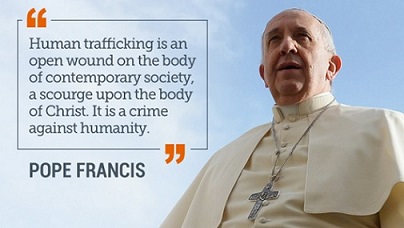
Take action to ensure countries that condone human trafficking are held accountable in trade agreements.
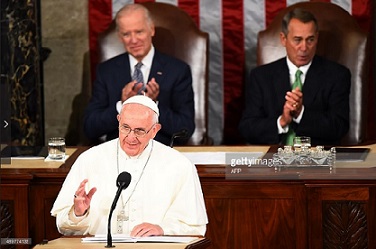
September 24, 2015 – Pope Francis made history today by becoming the first pontiff to address a joint meeting of Congress. He spoke of challenges that are complex, grave, and urgent. And he invoked four historical American figures who have shaped our fundamental values. Below are quotes from each topic the pope addressed. You can…

President Obama visited Kenya and Ethiopia, probably for the last time as head of state, from July 24-28.
In January, Tanzania published its Draft National Energy Policy 2015, which, despite its length, devoted little attention to the challenge of bringing electricity to the country’s roughly 11 million residents who live in poverty in rural areas.
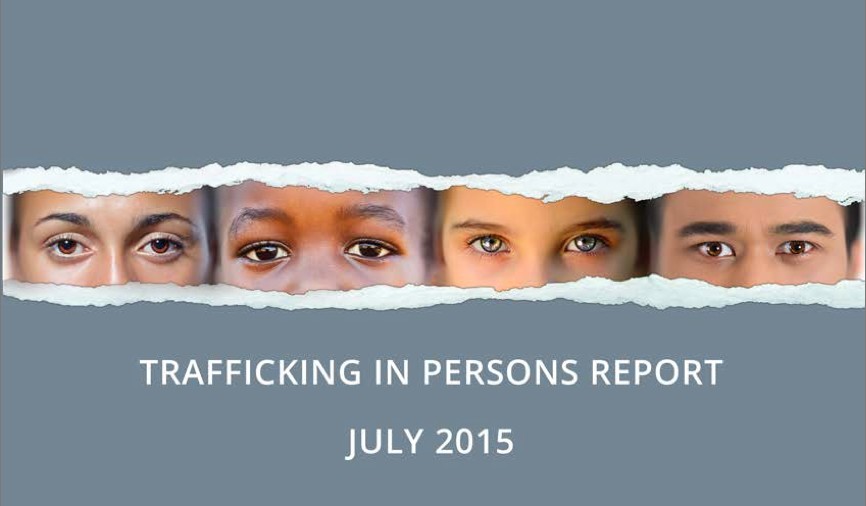
The U.S. Department of State’s 2015 Trafficking in Persons (TIP) report has received more than the usual scrutiny due to ongoing negotiations around the Trans-Pacific Partnership (TPP) involving the U.S. and 11 Pacific Rim nations, and Malaysia’s changing rank on the Trafficking Victims Protection Act (TVPA) compliance list, compiled by the State Department.

On August 11, the U.S. announced that it would not reinstate Bangladesh to a list of developing countries that receive trade preferences for lower or zero-duty tariffs due to labor rights and workplace safety issues.
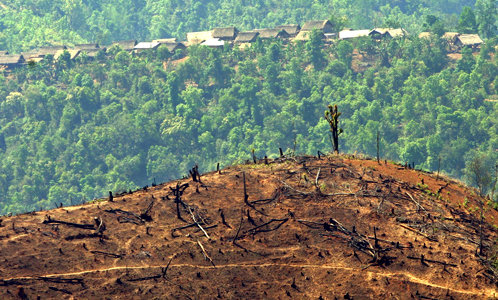
The problem of illegal logging in forests in the developing world represents a microcosm of the phenomenon of exploitation of natural resources by corrupt governing elites that wreak environmental damage while simultaneously diverting government revenue away from public goods.

On September 2, a federal district court judge ruled in favor of Oxfam America, Earth Rights International, and a team of pro-bono lawyers who sued the Securities and Exchange Commission (SEC) for dragging its feet on implementation of a critical piece of the 2010 Dodd-Frank financial reforms.
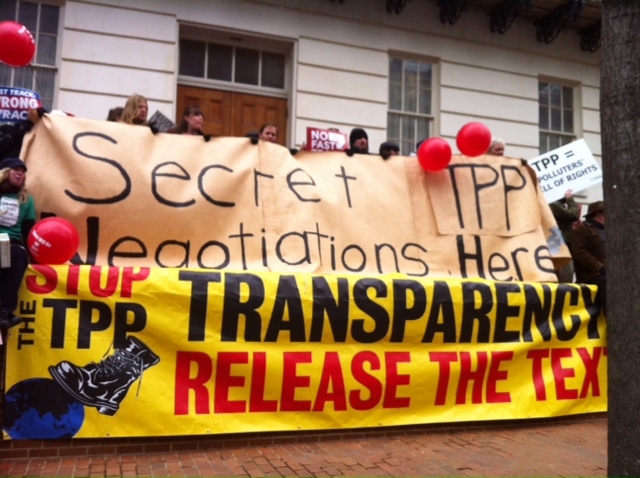
On July 31, another Trans-Pacific Partnership (TPP) trade agreement deadline passed.
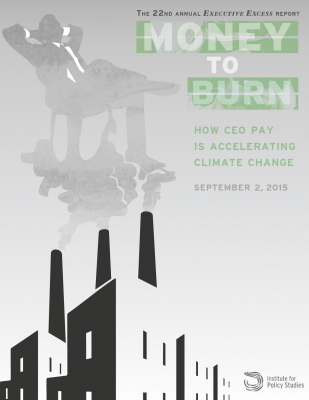
Excessive CEO pay at the 30 largest U.S. public fossil fuel corporations rewards short-term actions, with disastrous results for the world’s climate, a new report finds.
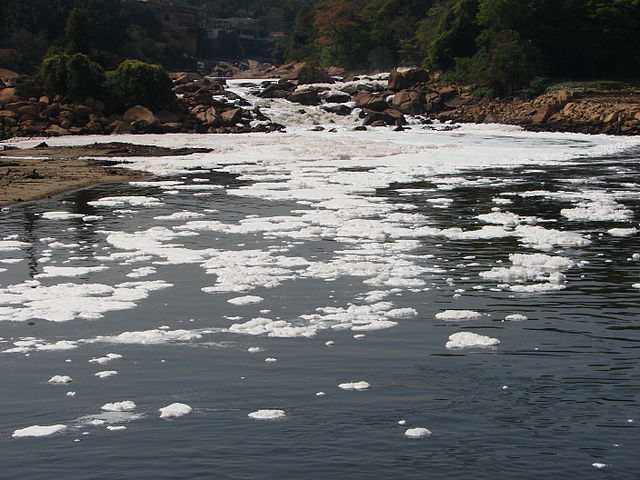
Fr. Dennis Moorman, MM, who serves in Brazil, wrote the following reflection which was published in A Maryknoll Liturgical Year: Reflections on the Readings for Year B, available from Orbis Books.

Kathleen Bond, a Maryknoll lay missioner who serves in Brazil, wrote the following reflection which was published in A Maryknoll Liturgical Year: Reflections on the Readings for Year B, available from Orbis Books.
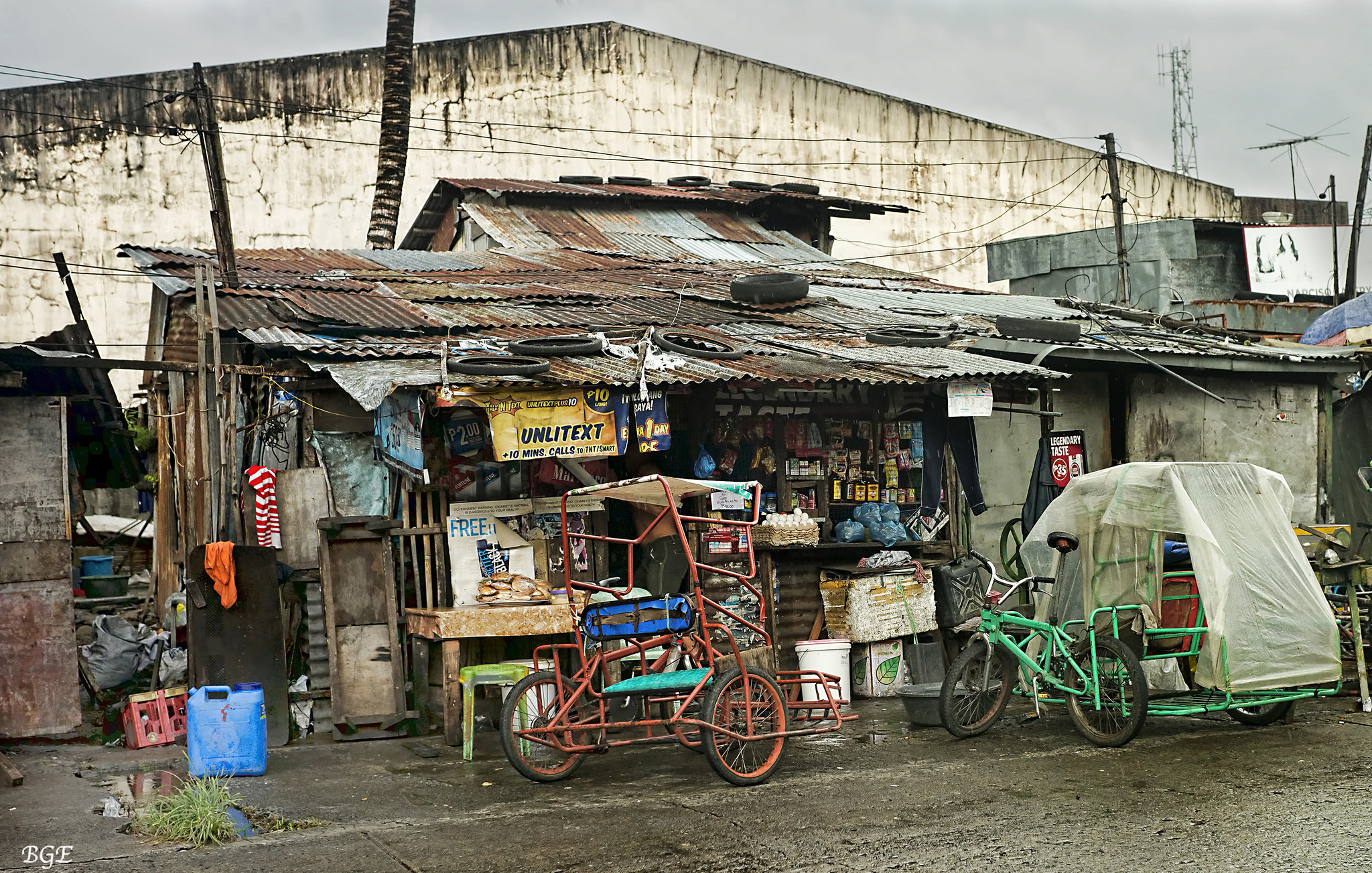
Fr. James Kroeger, MM, who served in the Philippines, wrote the following reflection which was published in A Maryknoll Liturgical Year: Reflections on the Readings for Year B, available from Orbis Books.
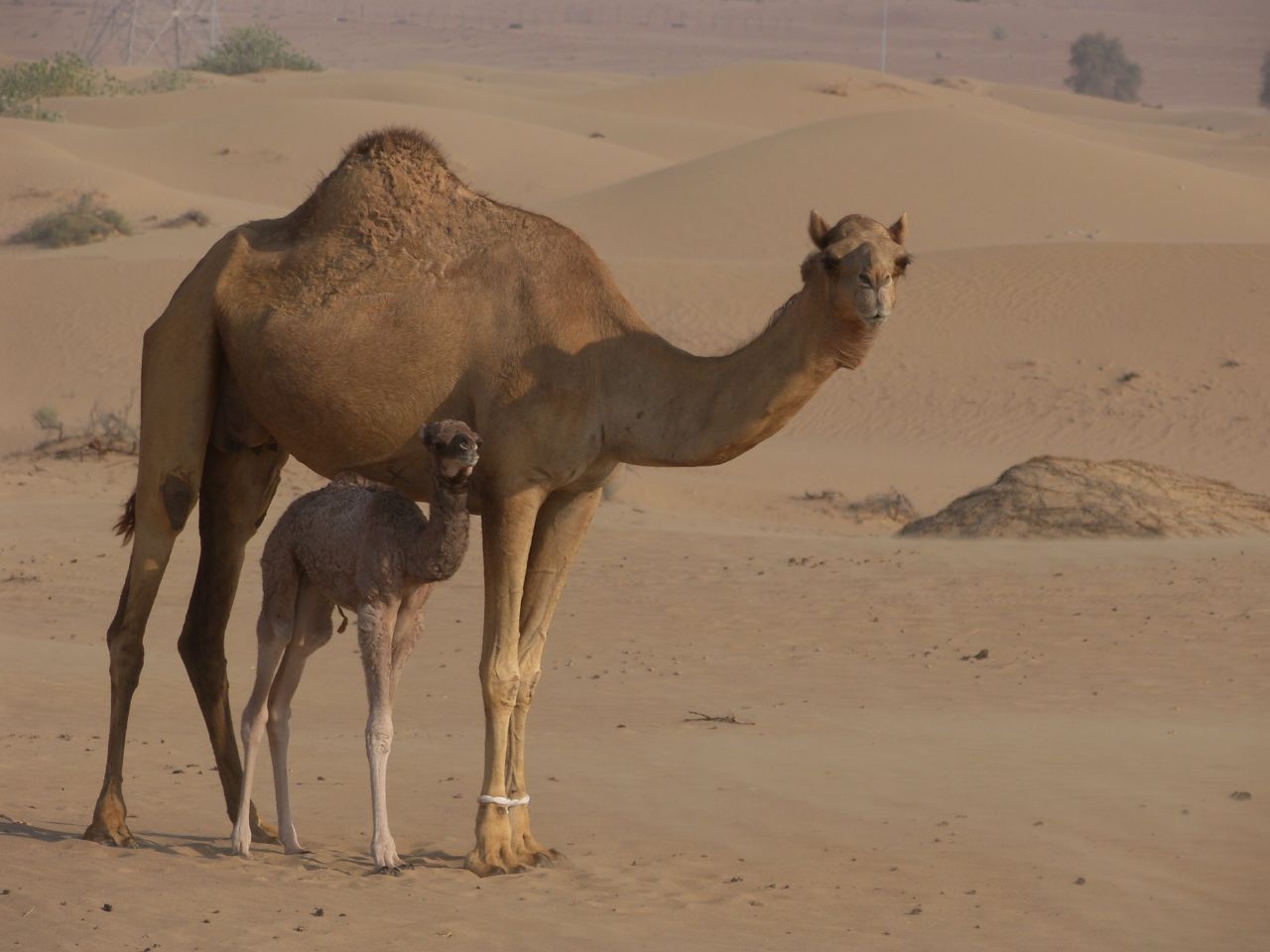
David Kane, a former Maryknoll lay missioner who served in Brazil, wrote the following reflection which was published in A Maryknoll Liturgical Year: Reflections on the Readings for Year B, available from Orbis Books.
Phil and Kathy Dahl-Bredine, who served as lay Maryknoll missionaries in Mexico, wrote the following reflection which was published in A Maryknoll Liturgical Year: Reflections on the Readings for Year B, available from Orbis Books.

Judy Coode, communications director for the Maryknoll Office for Global Concerns in Washington DC, wrote the following reflection which was published in A Maryknoll Liturgical Year: Reflections on the Readings for Year B, available from Orbis Books.
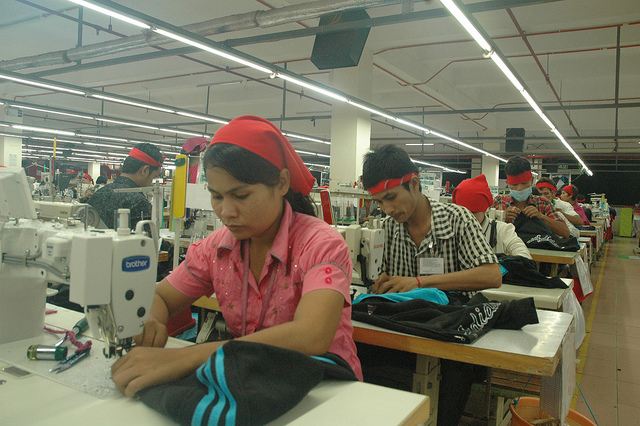
Sr. Luise Ahrens, MM, who served in Cambodia, wrote the following reflection which was published in A Maryknoll Liturgical Year: Reflections on the Readings for Year B, available from Orbis Books.